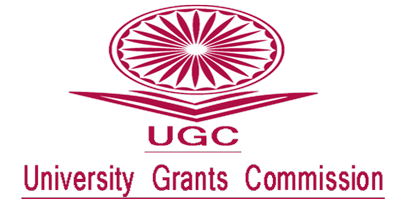Understanding soil and water conservation benefits adoption paradox in drought prone areas of Karnataka, India through financial viability: Case of field bunds
Keywords:
Adoption, Financial viability, Karnataka, Soil and water conservationAbstract
Aim of this study is to understand existence of the paradox of non−adoption of beneficial soil and water conservation (SWC) measures. Study is based on plot level primary data collected from drought prone areas of Karnataka state, wherein the probability of droughts is around 70%. We have shown that increasing climate variability, which is manifesting in terms of increasing frequency of consecutive droughts, is making investment on field bunds economically non−viable, and driving farmers to the dilemma of 'whether to adopt or not−to adopt'. The results from different scenarios and cases indicate that adoption of field bunds technology is not economically viable, barring under few drought situations. The study infers that increase in climate variability might be one of the most probable reasons for existence of the paradox in drought prone areas.








